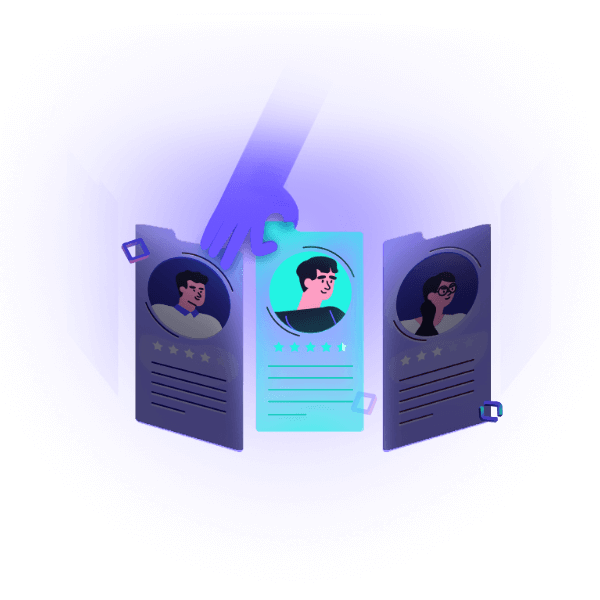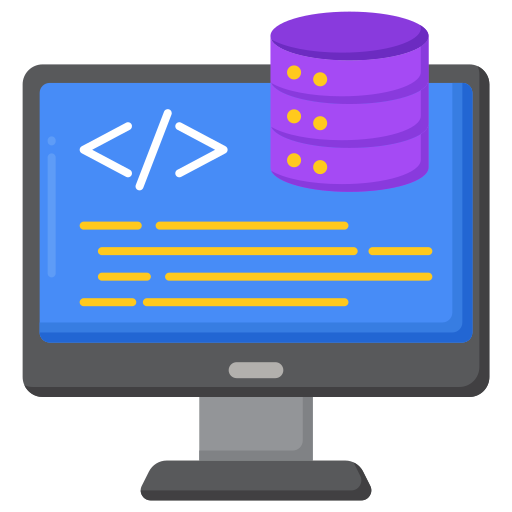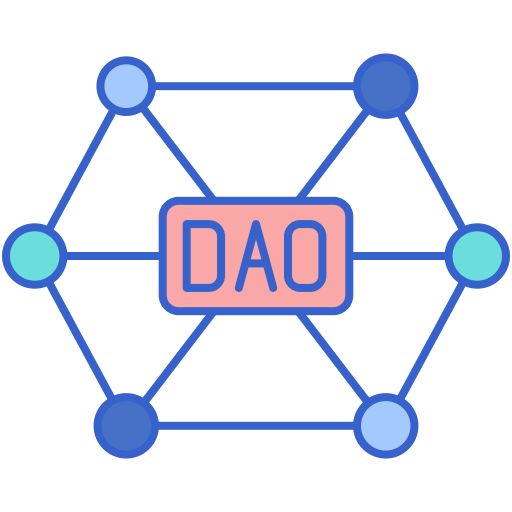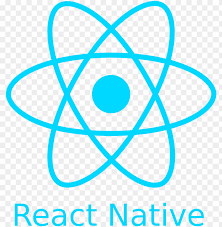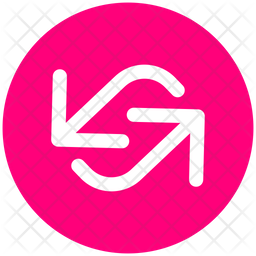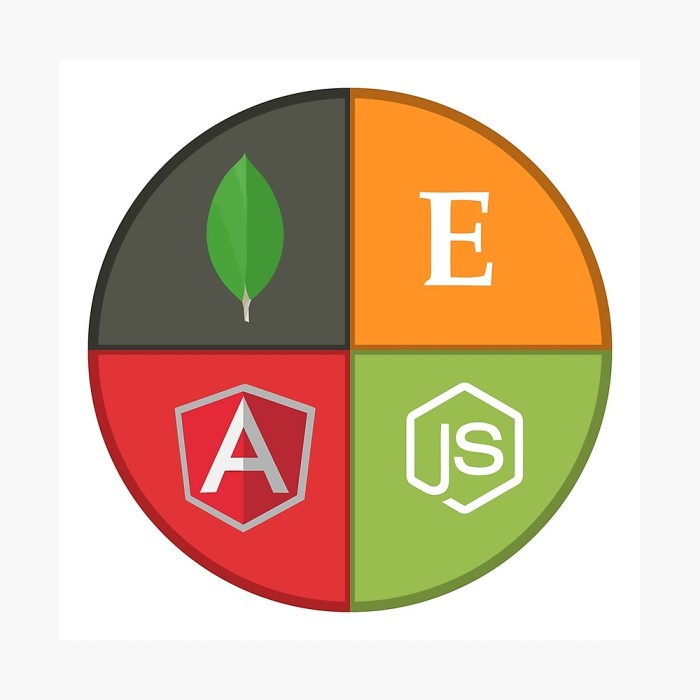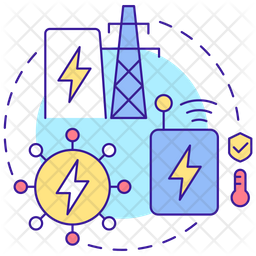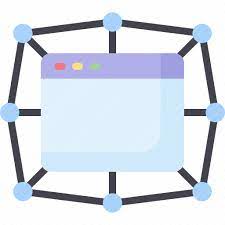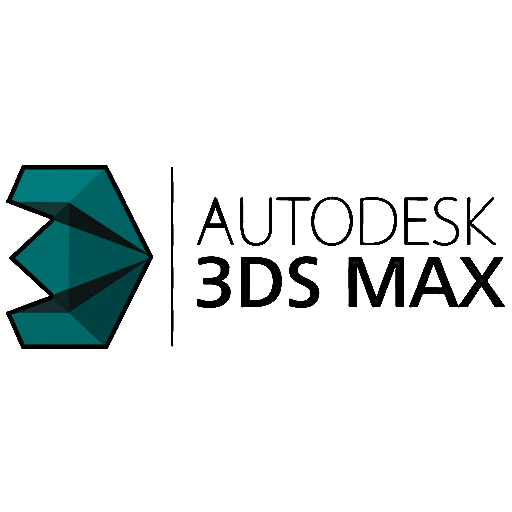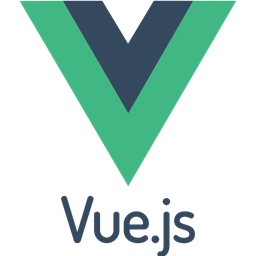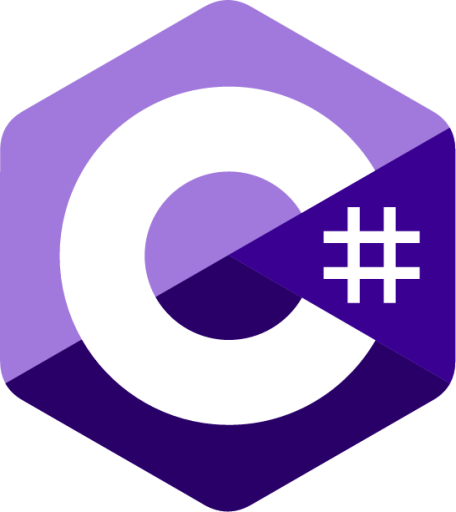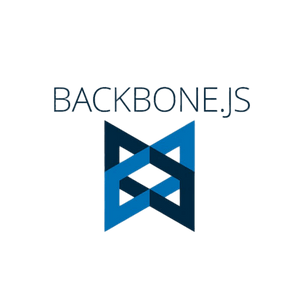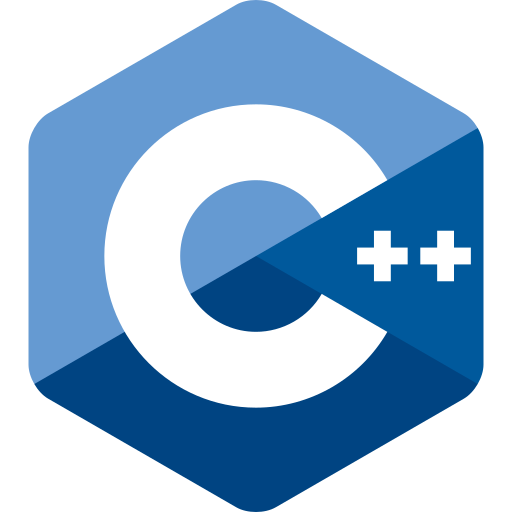Contents
What is Nodejs?
Why is NodeJs a popular choice for web development?
How to Hire a NodeJs Developer?
What are the Must-Look Skills While Hiring a NodeJs Developer?
What are the Best Ways to Hire a NodeJs Developer?
What are the key Responsibilities of a NodeJs Developer?
What is Nodejs?
Node.js is an open-source, platform-independent JavaScript runtime framework and library that allows you to run web-based applications without relying on the client's browser. Ryan Dahl developed it in 2009, and the latest version, version 15.14, was launched in April 2021. Node.js Developer used to create server-side Web applications. It is perfect for data-intensive applications because it utilizes an asynchronous event-driven model.
Why is NodeJs a popular choice for web development?
In recent years, Node.js has been a preferred choice for web development. Because around 68% of developers believe NodeJs increases productivity. This open-source, cross-platform runtime environment is built on the Chrome V8 JavaScript engine and provides web developers with many benefits. Web developers often choose Node.js due to its various advantages, and they're as follows:
- 1. High Performance
- 2. Scalability
- 3. Large Community and Ecosystem
- 4. Cross-Platform Support
- 5. Easy to Learn
- 6. Rich Library of Frameworks and Tools
- 7. Event-Driven Architecture
- 8. Microservices Architecture
- 9. No Buffering
Extremely fast and efficient due to its compilation of Javascript into native machine code through the V8 Javascript engine, Node.js runs smoothly at peak performance. Its non-blocking I/O model efficiently handles many simultaneous connections, making it perfect for real-time web applications.
Node.js is highly scalable and can handle significant traffic and requests efficiently. Startups and big businesses choose this tool because they can quickly produce scalable websites without writing lengthy amounts of code.
Boasting one of the largest and most active communities worldwide, with thousands upon thousands of modules available on NPM, it's no wonder many developers choose to use Node.js. This broad selection has helped make it uncomplicated for builders to establish complex programs promptly through an extensive set of valuable tools from these accessible modules or bundles found inside Node Packaged Modules(NPM).
Developers benefit from Node.js being cross-platform; they can switch between using either Windows or UNIX-based computers. It also allows for easy deployment to cloud platforms like AWS and Heroku.
Node.js uses JavaScript, a language many developers know, making it easy to learn and start. Its simple syntax and modular architecture allows developers to build scalable applications quickly and efficiently.
For those looking to develop complex applications quickly, Node.js provides access to a comprehensive library of well-known frameworks like Express, Koa, and Meteor. Express, Koa, and Meteor are Node.js widely used frameworks because they come loaded with various functionalities by default.
Node.js using its unique event-driven structure, Node.js can effectively process numerous user queries concurrently by preventing glitches/blocks from happening, resulting in snappy uninterrupted output; such USP saw a rise in adopting this technology mainly while producing multithreaded working models. This characteristic makes it great for building responsive web applications.
Node.js is ideal for building microservices architecture, where the application is broken down into more minor, independent services that can be deployed and managed separately.
Node.js speedy response times on web apps happen because no data gets buffered and gets processed immediately.
How to Hire a NodeJs Developer?
Complete knowledge of Node.js development is crucial when looking for potential developers. This skill set may present challenges during the hiring process if you are unfamiliar with it. Here are some of the steps to help you hire a Node js programmer:
- 1. Determine Your Requirements
- 2. Look for Candidates
- 3. Review Resumes
- 4. Conduct Technical Interviews
- 5. Assess Soft Skills
- 6. Check References
Before hiring, you must determine your requirements for the Node.js developer. You should analyze carefully which skills and experience levels are necessary for the type of project at hand before proceeding further.
Another option for finding Node.js developers is by networking with industry professionals. Explore different possibilities when looking for Node.Js programmers by attracting candidates through advertisements on reputable websites specializing in tech jobs. Working collaboratively with headhunters and future participation in events organized within this domain may prove fruitful.
Once you've received applications and resumes, review them carefully to determine if the candidates meet your requirements. It is essential to look for professionals that are knowledgeable about Node.js., Javascript and appropriate tech stacks. Review their portfolios to see if they have worked on similar projects.
After shortlisting the candidates, conduct technical interviews to assess their skills and knowledge. Evaluating an individual's capacity for resolving difficulties can involve asking them to write algorithms or deal with practical challenges. It would help if you asked them to write code and solve problems to evaluate their problem-solving skills.
Technical skills are essential but soft skills are also critical for a successful project. Assess the candidate's communication skills, team collaboration, and work ethic to ensure they fit your team well.
Before hiring a candidate, check their references to understand their work ethics, professionalism, and past performance. Reach out to their previous employers, colleagues, and clients for feedback.
What are the Must-Look Skills While Hiring a NodeJs Developer?
In case you hire a NodeJs developer, looking for specific skills critical to your project's success is essential. Here are some of the must-have skills to consider:
- 1. Strong Knowledge of JavaScript
- 2. Experience with Node Js
- 3. Understanding of RESTful APIs
- 4. Knowledge of Front-End Technologies
- 5. Familiarity with Databases
A strong understanding and proficiency in Javascript is necessary when searching for the right person to hire, as they will be working with Node.js, which runs atop the said programming language. This includes language fundamentals, object-oriented programming, and asynchronous programming.
A Node.js developer should have hands-on experience with the technology. When searching for potential hires, prioritize those who have previously completed a project using Node.js and can illustrate it.
Node.js is commonly used for building RESTful APIs. A developer should understand RESTful architecture, HTTP methods, and API design principles strongly.
To use this technology stack, developers must gain experience working with at least one front-end framework and its interaction with Node.js. Developers must familiarize themselves with at least one front-end framework and comprehend its relationship to Node.js.
The successful integration between Node.js and databases, including but not limited to MongoDB, MySQL, and PostgreSQL- makes it an obvious choice for many developers. A developer should have experience working with databases and be able to design and optimize database schemas.
What are the Best Ways to Hire a NodeJs Developer?
Hiring a Node.js developer provides multiple options - in-house, freelance, or outsourcing being some of them. Here are some of the best ways to hire a dedicated NodeJs developer:
- In-House Hiring
- Freelance Hiring
- Outsourcing
When you hire developers as full-time employees who work from the office then it is called in-house hiring. This approach provides full authority on the development process while fostering an integrated and collaborative workspace. Despite its collective appeal and integrating workplace environment that favors teamwork throughout all stages of the development life cycle, it must be noted that seeking out new talent locally or virtually will naturally attract considerable operational costs when compared with similar project outsourcing endeavors.
When you hire developers for freelance projects, it is called Freelance hiring. This option gives you more flexibility and allows you to hire a NodeJs developer based on specific project requirements. Freelancers are typically more affordable than in-house employees, and you won't have to worry about managing employee benefits or taxes. While hiring freelancers has its upsides, it can also present challenges when trying to establish a long-lasting working relationship due to their lesser investment compared to in-house employees.
Outsourcing involves hiring a remote Node.js developer from a third-party company or agency. This option gives you access to talented developers who can work on your project remotely. Outsourcing is typically more affordable than in-house hiring and allows you to scale your development team quickly. However, outsourcing can be challenging, as you'll need to find a reliable and trustworthy outsourcing partner and manage communication and coordination across different time zones and cultures.
What are the key Responsibilities of a NodeJs Developer?
The job of a NodeJs developer is very complex and full of responsibilities. Some of the critical responsibilities of NodeJs developers are as follows:
- Troubleshoot Issues
- Optimize Application Performance
- Collaborate With Cross-Functional Teams
- Stay up-to-date with Emerging Trends And Technologies
- Write and Maintain Technical Documentation
Identifying the source of trouble in web application issues falls under the responsibilities of skilled Node.js Developers who also focus on providing effective solutions.
Node.js Developers must optimize the performance of web applications, including improving load times, reducing server response times, and minimizing resource usage.
Node.js Developers have to cooperate effectively with different stakeholders -such as Product Managers, Designers, or other Devs who form part of interdisciplinary groups- to make sure their website deliveries succeed.
Remaining knowledgeable of new trends and technologies is vital for Node.js developers to ensure that they build web applications utilizing contemporary resources.
To ensure comprehension of an application's features and layout amongst relevant parties, Node.js Developers must be proficient at creating multiple types of technical documentation like APIs, system loops, or even manuals.







